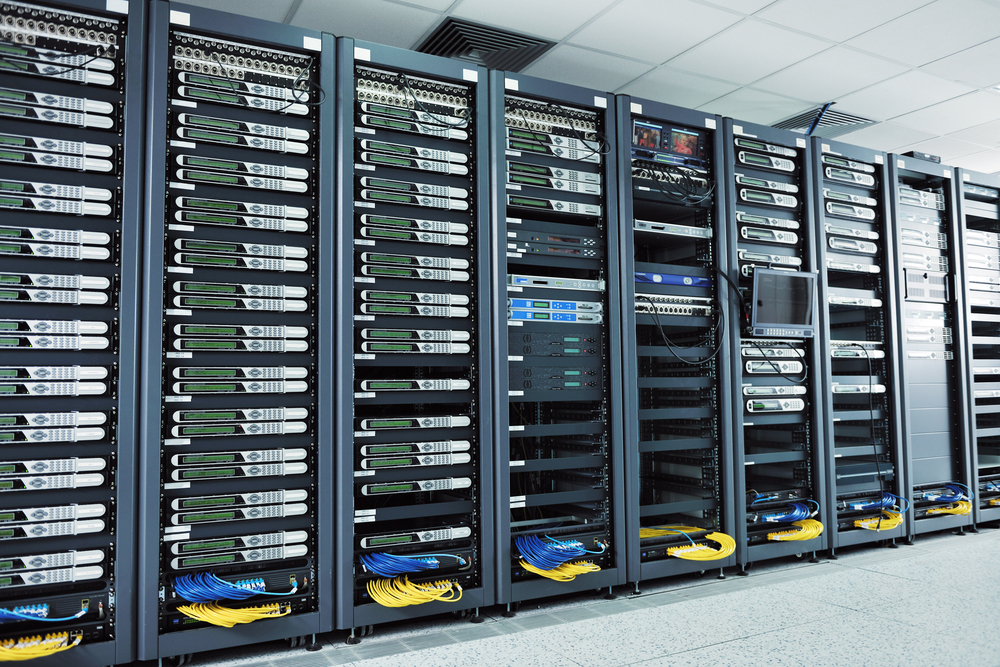 When Sims Recycling Solutions begins talking with an IT asset disposition client, Sims staff will ask what the customer did before with its end-of-life electronics. Continue Reading
When Sims Recycling Solutions begins talking with an IT asset disposition client, Sims staff will ask what the customer did before with its end-of-life electronics. Continue Reading

 When Sims Recycling Solutions begins talking with an IT asset disposition client, Sims staff will ask what the customer did before with its end-of-life electronics. Continue Reading
When Sims Recycling Solutions begins talking with an IT asset disposition client, Sims staff will ask what the customer did before with its end-of-life electronics. Continue Reading
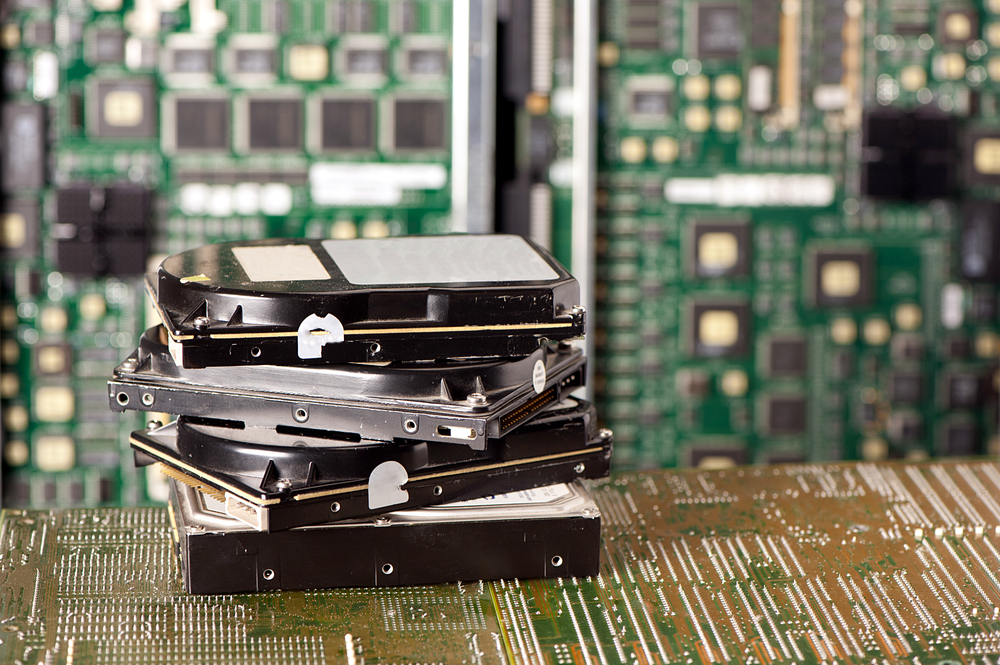 A New York-based electronics recycling company has moved into a bigger building, allowing it to expand operations and hire more employees.
A New York-based electronics recycling company has moved into a bigger building, allowing it to expand operations and hire more employees.
 Smartphone ownership is on the rise although TVs remain the most common household device, and Canadian eco-fees see some changes.
Smartphone ownership is on the rise although TVs remain the most common household device, and Canadian eco-fees see some changes.
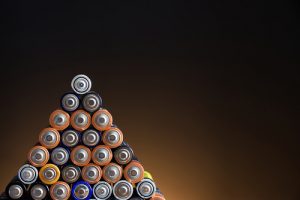 For the 21st consecutive year, Call2Recycle set a new record in its battery and cellphone collection volume last year. But 2016 also marked an important year, because much of the growth was in collection of single-use batteries.
For the 21st consecutive year, Call2Recycle set a new record in its battery and cellphone collection volume last year. But 2016 also marked an important year, because much of the growth was in collection of single-use batteries.
 Fair Trade Recycling launches a takeback offset program in Africa, and rare earth metals will increase in demand.
Fair Trade Recycling launches a takeback offset program in Africa, and rare earth metals will increase in demand.
 Rigid data-security regulations in Europe will present opportunities for businesses that are prepared, and discarded mobile devices in Australia create untapped potential for materials recovery.
Rigid data-security regulations in Europe will present opportunities for businesses that are prepared, and discarded mobile devices in Australia create untapped potential for materials recovery.
Business Records Management of Clearwater, Fla.; Crown Shredding dba Crown Information Management of South Daytona, Fla.; Ranger On-site Document Shredding of San Antonio; RecordsPro/Shredmonkey of Indianapolis and Secure Shredding of Cape Coral, Fla. have either achieved or renewed their NAID certifications for physical destruction of hard drives.
ERI of Badin, N.C. has achieved its NAID certification for hard drive sanitization as well as physical destruction of hard drives.
Additionally, Surplus Service of Fremont, Calif. has been certified as a B Corporation.
Visit our archive to view previous editions of the scorecard.
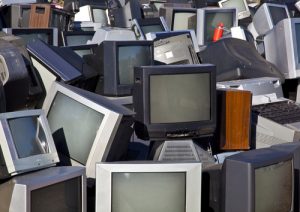 TVs dominate the end-of-life stream in Washington state now more than ever. They just don’t look like they used to, with fewer CRT devices and more flat-panel displays coming in the door.
TVs dominate the end-of-life stream in Washington state now more than ever. They just don’t look like they used to, with fewer CRT devices and more flat-panel displays coming in the door.
 Apple’s release of the iPhone 7 and the more advanced iPhone 7 Plus last September pushed consumers to let go of earlier models. Analysis from one industry firm shows how pricing for used phones has played out since then.
Apple’s release of the iPhone 7 and the more advanced iPhone 7 Plus last September pushed consumers to let go of earlier models. Analysis from one industry firm shows how pricing for used phones has played out since then.
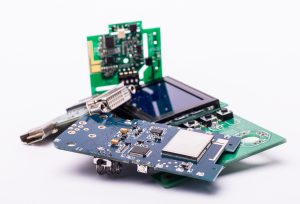 A fertilizer and silver producer has begun processing scrap printed circuit boards to isolate precious metals.
A fertilizer and silver producer has begun processing scrap printed circuit boards to isolate precious metals.
